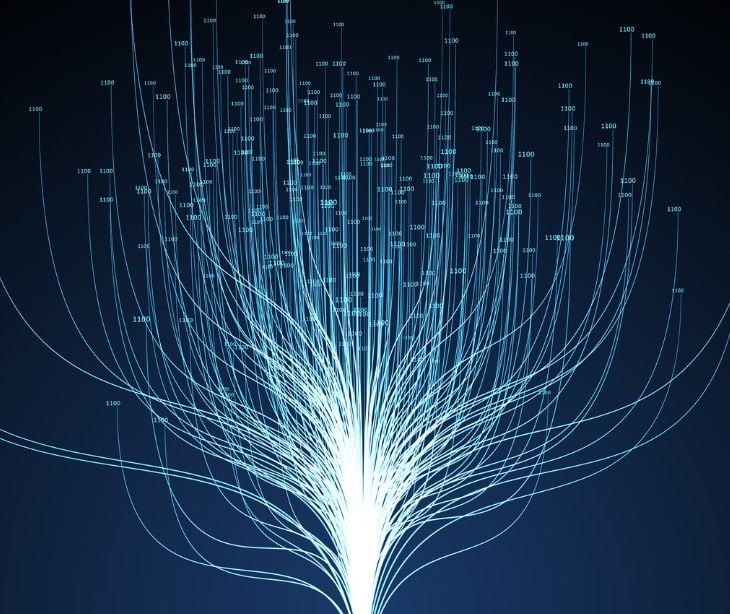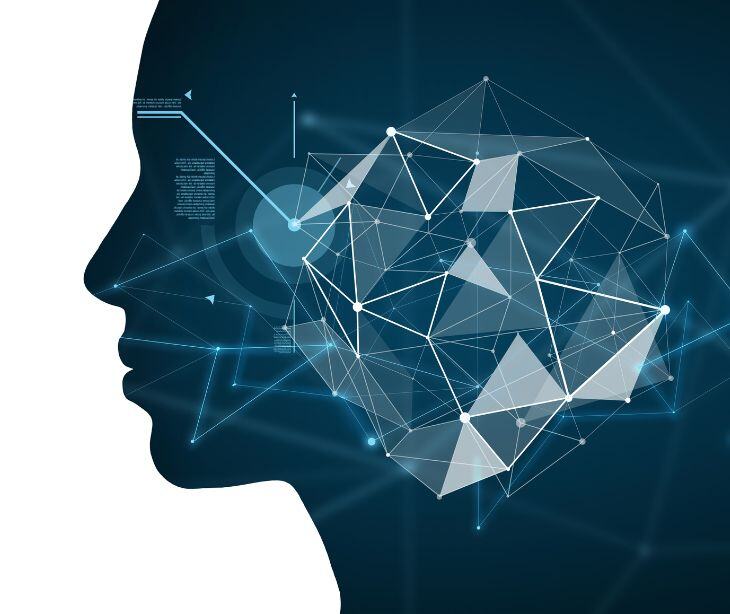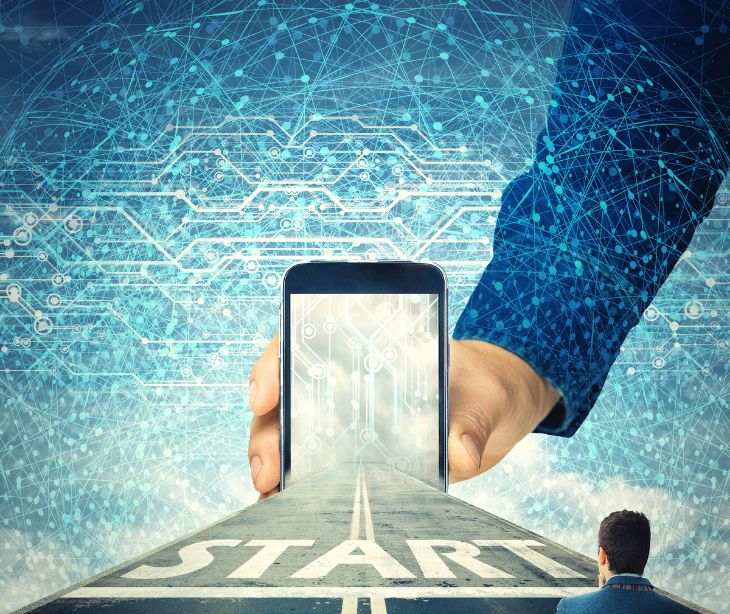
Artificial intelligence (AI) is revolutionizing the landscape of cybersecurity, particularly in inbound attack detection and mitigation. By leveraging advanced machine learning algorithms, behavioral analysis techniques, and automated response capabilities, AI-powered security solutions empower organizations to defend against evolving threats and safeguard their digital assets proactively.
The role of AI in cybersecurity
The impressive potential of artificial intelligence, specifically machine learning and deep learning algorithms, has been proven in effectively analyzing large volumes of data to identify potential harmful patterns. This capability is instrumental when approaching inbound attacks, as quick detection and prompt responses are fundamental to minimizing the resulting harm.
Here is how AI detects and mitigates inbound attacks:
- Advanced threat detection: AI algorithms can analyze vast amounts of data in real time to detect patterns and anomalies that may indicate a potential inbound attack. Machine learning models can learn from historical attack data and identify new attack vectors, even those previously unknown.
- Behavioral analysis: AI-powered systems can monitor the behavior of users, devices, and networks to identify suspicious activities or deviations from normal behavior. This helps in detecting inbound attacks such as insider threats or compromised accounts.
- Automated response: AI can automate the response to inbound attacks by deploying countermeasures such as blocking malicious IP addresses, isolating compromised devices, or quarantining suspicious files. This reduces the response time and minimizes the impact of attacks.
- Predictive analytics: AI can analyze historical attack data to predict future threats and vulnerabilities. By identifying potential attack scenarios in advance, organizations can proactively strengthen their defenses and mitigate risks before they materialize.
- Adaptive security: AI systems can adapt and evolve based on new threats and attack techniques.
- Threat intelligence: AI algorithms can process and analyze vast amounts of threat intelligence data from various sources to identify relevant threats and prioritize them based on their severity and impact.
See also:
Impact of AI in the cybersecurity space
Research has revealed that “AI can impact cybersecurity throughout its entire life cycle, yielding benefits like automation, threat intelligence, and improved cyber defense.” It was also noted that implementing AI presents challenges such as “adversarial attacks and the need for high-quality data,” which, in some cases, may hinder its efficiency.
Nevertheless, these outcomes validate that AI has a beneficial impact on cybersecurity by enhancing effectiveness and resilience.
In the news: WHO releases publication outlining considerations for AI in healthcare
FAQs
What is AI-powered cybersecurity, and how does it work?
AI-powered cybersecurity refers to the use of AI technologies such as machine learning, deep learning, and natural language processing to enhance the detection, analysis, and mitigation of cyber threats. These technologies enable security systems to autonomously analyze vast amounts of data, detect patterns indicative of malicious activity, and respond to security incidents in real time.
What types of cyber threats can AI-powered cybersecurity detect?
AI-powered cybersecurity can detect a wide range of cyber threats, including malware, ransomware, phishing attacks, insider threats, denial-of-service (DoS) attacks, and zero-day exploits. These systems can identify anomalous behaviors and indicators of compromise across networks, endpoints, and cloud environments.
Go deeper: Types of cyber threats
How can AI improve operations?
Implementing AI-dependent process automation can bring about substantial improvements in operational efficiency by reducing human intervention and potential error. By employing chatbots powered by AI technology to automate tasks such as routine data entry, inventory management, and routine customer service activities, they become automated; which affords more time for strategic efforts from humans who otherwise would have been engaged in these menial operations.
Subscribe to Paubox Weekly
Every Friday we bring you the most important news from Paubox. Our aim is to make you smarter, faster.




